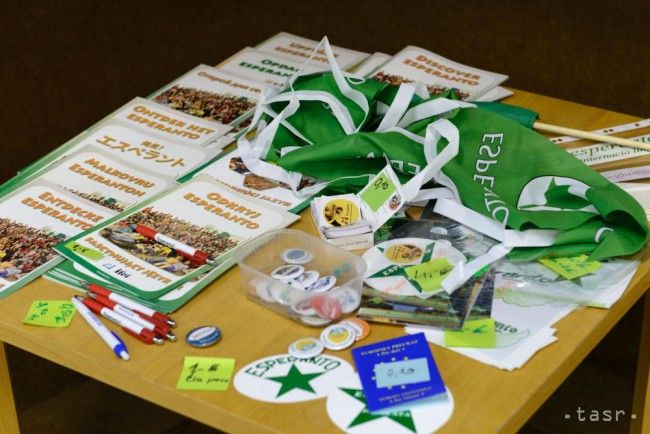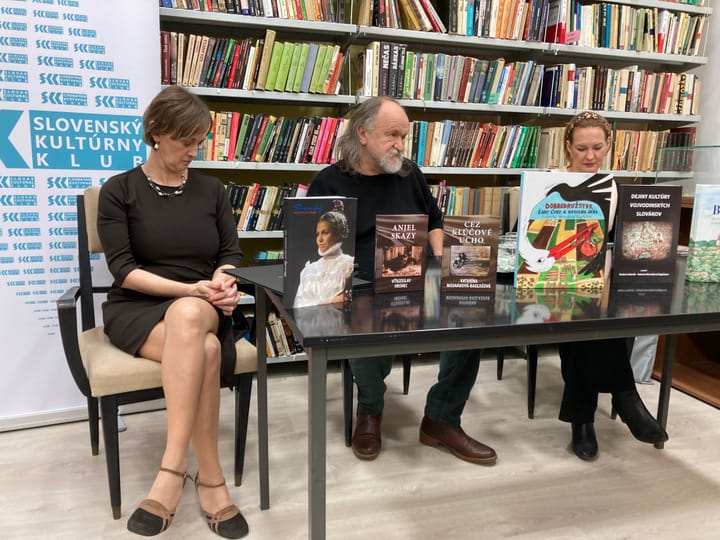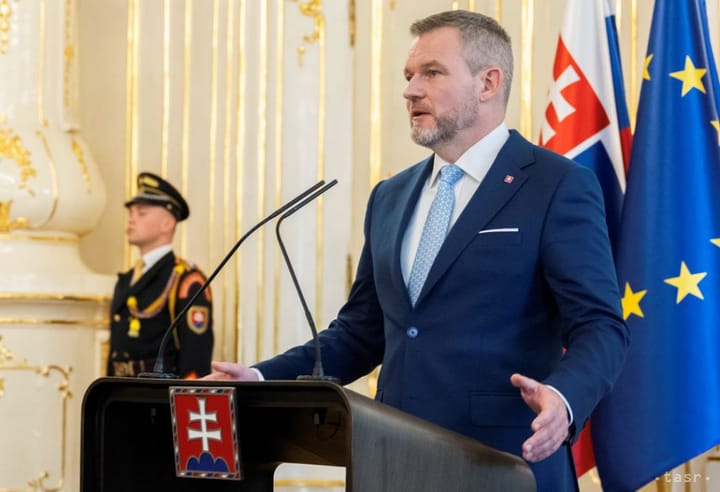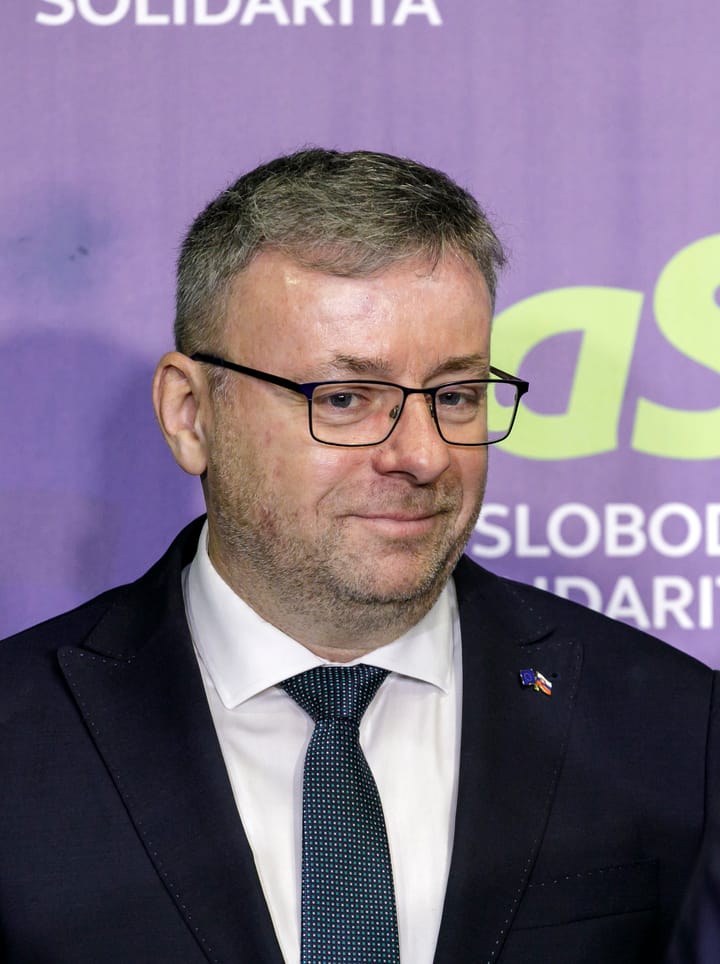World Esperanto Congress Begins in Nitra at Weekend

Nitra, July 22 (TASR) – Around 1,300 esperanto aficionados from 60 countries will meet in Nitra between July 23-30 at the 101st World Esperanto Congress, TASR learnt on Friday.
Devoted to ‘Social Justice-Language Justice’, this is going to be the first world esperanto congress ever organised in Slovakia.
“Nitra is the third-smallest city in the entire 100 year-plus history of the congress to hold the event,” said preparatory committee chairman Peter Balaz.
According to Nitra mayor Jozef Dvonc, an important role for selecting Nitra as the venue for the 2016 congress was played by the fact that Slovakia is currently the presiding country of the Council of the European Union.
“The esperanto congress is taking place under the auspices of SK PRES,” said Dvonc.
Meanwhile, the website of the congress reports that Slovak President Andrej Kiska has also accepted patronage over the event, while Slovak Post is planning to issue special stamps to mark the occasion.
The programme prepared for the attendees includes theatre, films and various concerts. Meanwhile, people who don’t have a grasp of esperato can drop in at the Open House Day on Friday, July 30.
An international language policy conference entitled “Perspectives of Language Communication in the EU”, taking place as a sister event of the congress under the auspices of President Kiska and Foreign and European Affairs Minister Miroslav Lajcak, is scheduled for July 28-29. Keynote speakers include EU Commissioner for Education, Culture, Youth and Sport Tibor Navracsics (Hungary), Commissioner for Health & Food Safety Vytenis Andriukaitis (Lithuania) and former commissioner for education, training, culture and youth Jan Figel (Slovakia).
According to the organisers, the conference should serve as a meeting point of politicians, language experts and representatives of civic associations of the Visegrad Four (Czech Republic, Hungary, Poland, Slovakia) and other countries, including Italy, Spain, Lithuania, Latvia, Estonia, Croatia, Slovenia and Ireland, “realising the current unequal application of national languages in EU communication.”
The conference is expected to issue a final declaration with recommendations for national parliaments and the Europan Parliament.



